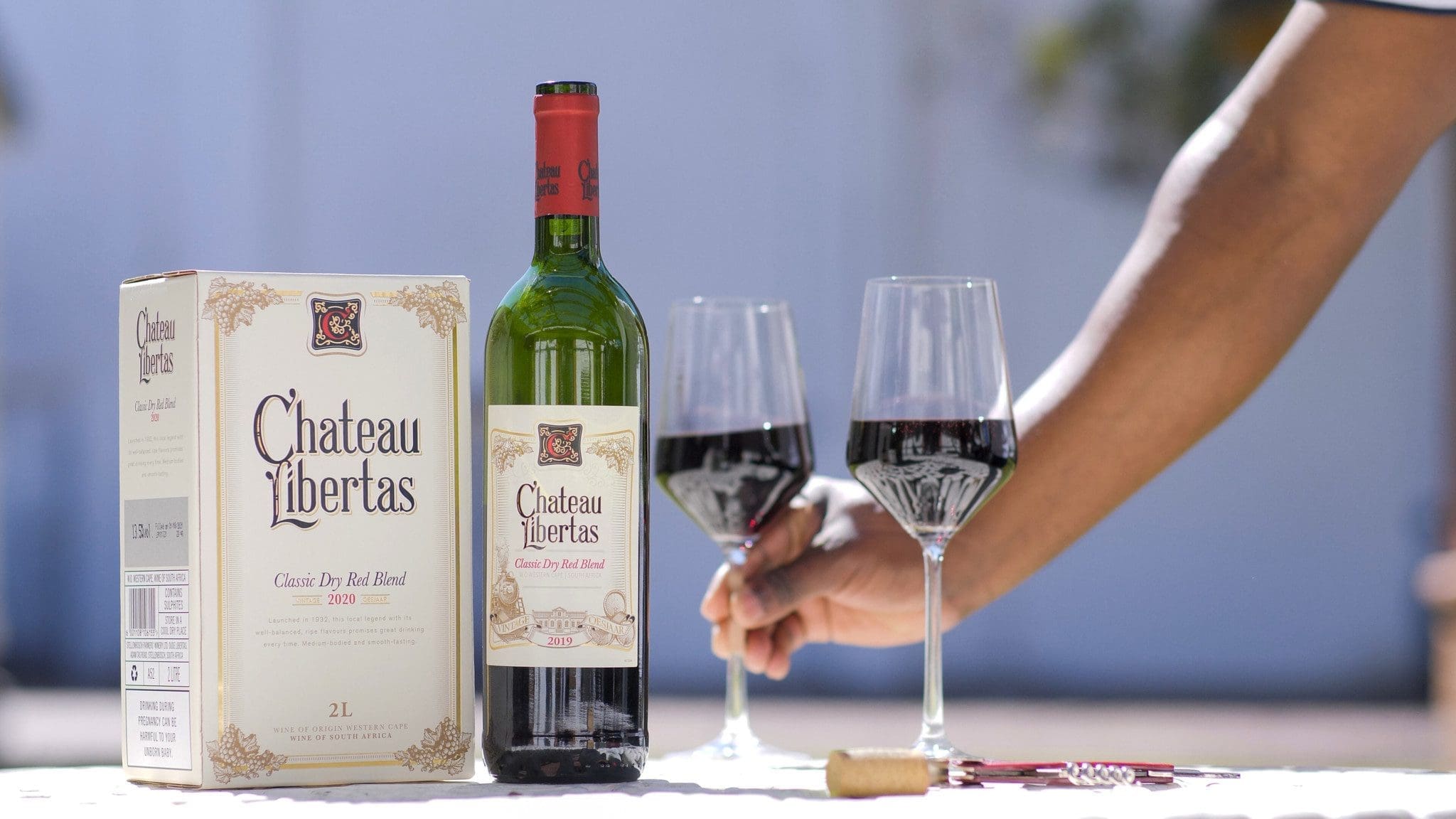EVER noticed how many wines in South Africa have “Chateau” as part of their name? Only one: Chateau Libertas.
In 1935, the country signed an agreement with the French* that prevented the use of the term by any local producer from that point on. Why the exception for Chateau Libertas? It was established in 1932, before the deal was inked, so it escaped the prohibition.
At almost 90 years old, this fine, classic, Cabernet Sauvignon-led red blend is still exceptional. Earlier this year the 2019 vintage featured as a top 10 wine in the 2021 Prescient Signature Red Blend Report. The winning wines in the line-up scored between 94 and 91 points each. Chateau Libertas achieved a highly respectable 92. There’s more. It was also selected as the very best buy of all, retailing as it does for a mere R59 a bottle.
Here are some other interesting facts about Chateau Lib, the name given by the South African wine community to this granddaddy of red blends:
Crazy price
A bottle of the 1957 vintage fetched R93 800 on a Strauss & Co Virtual Live Auction in September 2021.
No stopping this nonagenarian
Chateau Libertas is one of the country’s longest-established red blends in that it has been made every single year since 1932 without interruption. Neither war, drought nor pandemic has ever held up production.
The founder of Chateau Libertas, a medical doctor, Dr William Charles Winshaw, created the smooth, easy-drinking, juicy and delicious blend because he believed it could be part of a healthy adult South African lifestyle. Must have worked for him. He lived until the ripe old age of 96 and continued to work until he was 92. He didn’t have to. He wanted to. Could making Chateau Libertas have been part of the reason?
Royal road trip
When the British royal family visited South Africa in 1947, what’s the red wine they were served? You guessed it.
Go big AND go home
Soon you’ll be able buy Chateau Lib in a smart, convenient 2-litre box, at super-friendly R120 per unit. Watch this space.
 *In 1935, South Africa signed what became known as the Crayfish Agreement with France. In return for importing South African crayfish, the French government would hold exclusive rights to French geographical names, including Chateau, Champagne and Bordeaux amongst others.
*In 1935, South Africa signed what became known as the Crayfish Agreement with France. In return for importing South African crayfish, the French government would hold exclusive rights to French geographical names, including Chateau, Champagne and Bordeaux amongst others.
